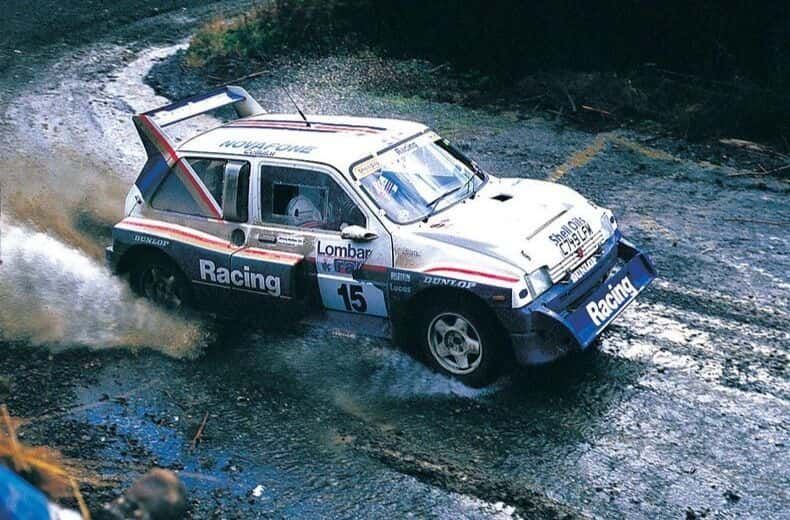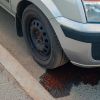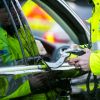It’s a landmark anniversary which will be celebrated in great style with a special showcase featuring many of the stand-out cars from the past 74 events.
What started life as the Royal Automobile Club Rally way back in 1932 has evolved into today’s Wales Rally GB.
This year’s event blasts off from Liverpool’s historic Waterfront on Thursday (3 October) with the first competitive speed test staged later than evening at the Oulton Park circuit near Chester.
And it’s here at the popular Cheshire circuit that the eye-catching 75th display will be one of the many attractions.
Another is Olympic legend Sir Chris Hoy paying tribute to his boyhood hero Colin McRae when driving one of his fellow Scot’s title-winning blue Subarus.
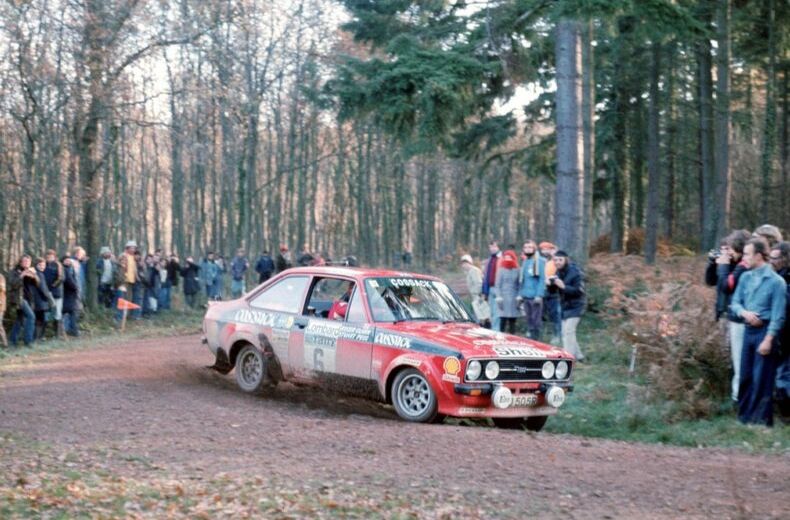

RAC sale – up to 33% off*
• Roadside cover from £5.29 a month†
• We get to most breakdowns in 60 mins or less
• Our patrols fix 4/5 breakdowns on the spot

The celebratory display will include many icons from previous eras including significant Ford Escorts, outrageous Group B machines and victorious cars as rallied in period by British heroes Roger Clark, Richard Burns and, of course, McRae.
Illustrating the rally’s remarkable history, the collection will provide visitors with an engaging insight into the sport’s evolution over time, whetting appetites for the arrival of the latest generation of WRC stars and cars – the fastest and most impressive machines ever to set wheels in the forests.
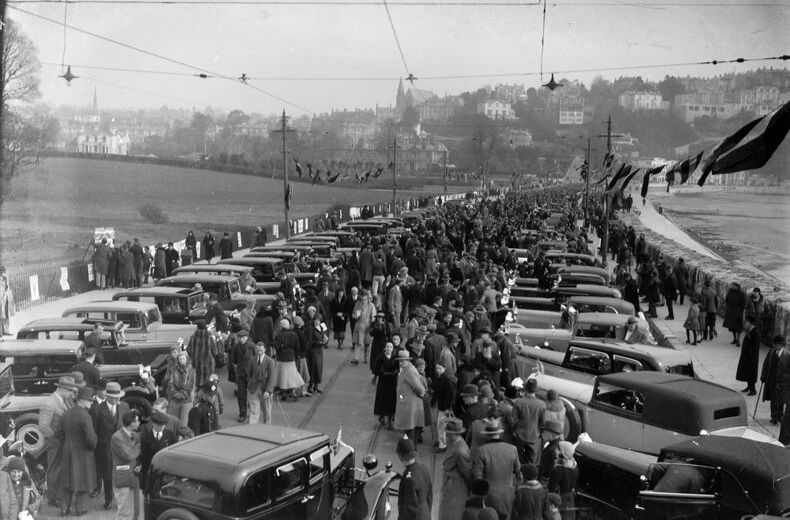
Back in 1932, the inaugural Royal Automobile Club Rally took its lead from the Monte Carlo Rally with crews driving standard road cars setting off from nine different towns and cities all bound for Torquay on the English Riviera via a variety of 1000-mile routes, each one with four control points.
No fewer than 342 competitors entered and the £25 prize for having recorded the lowest number of penalty points was awarded to Colonel A. H. Loughborough driving a Lanchester 15/18.
Though there was a break in the action following the outbreak of the Second World War and again in 1957 for the Suez Crisis, the RAC Rally followed a similar format, albeit with the introduction of more competitive tests, until the start of the sixties when Scandinavian style off-road forest stages were first introduced – a move which cemented the rally’s reputation as one of the most challenging and respected on the calendar.
In 1973, the event’s international repute earned it a founding position in the newly created FIA World Rally Championship and, together with Finland, remains one of only two rounds that have featured on every year’s WRC roster ever since.
The switch to gravel tracks in the forests and a wintry, end-of-season slot on the schedule resulted in 30 years of Nordic success only interrupted by Roger Clark’s two home wins in 1972 and 1976.
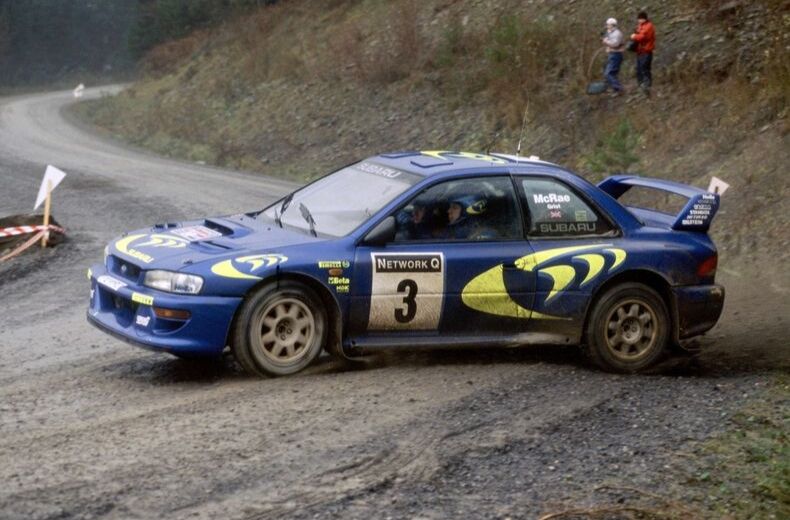
Get our best motoring stories, delivered
Get the latest news, reviews and offers to help keep your motoring costs down.
In more recent times, though, the victories have been shared more widely with further home-grown winners Colin McRae (1994, 1995 and 1997), Richard Burns (1998, 1999 and 2000) and most recently Elfyn Evans in 2017. Coming 25 years ago, the first of McRae’s victories was in the 50th running of the event.
The UK’s premier RAC Rally has also seen several title changes over its long history with the advent of title sponsorship from commercial partners such as Lombard, Network Q and Dayinsure.
The UK’s round of the WRC has been titled Wales Rally GB for the past 17 years since the Welsh Government became principal funding partner in 2003.
Adult tickets to the opening Oulton Park Special Stage on Thursday are priced at just £25 and must be purchased in advance by midnight on Monday 30 September.
Children aged 15 and under enjoy free admittance.
Full details of these – as well as a wide choice of tickets for the 21 Special Stages that follow on Friday, Saturday and Sunday – can be found on the walesrallygb.com website.

